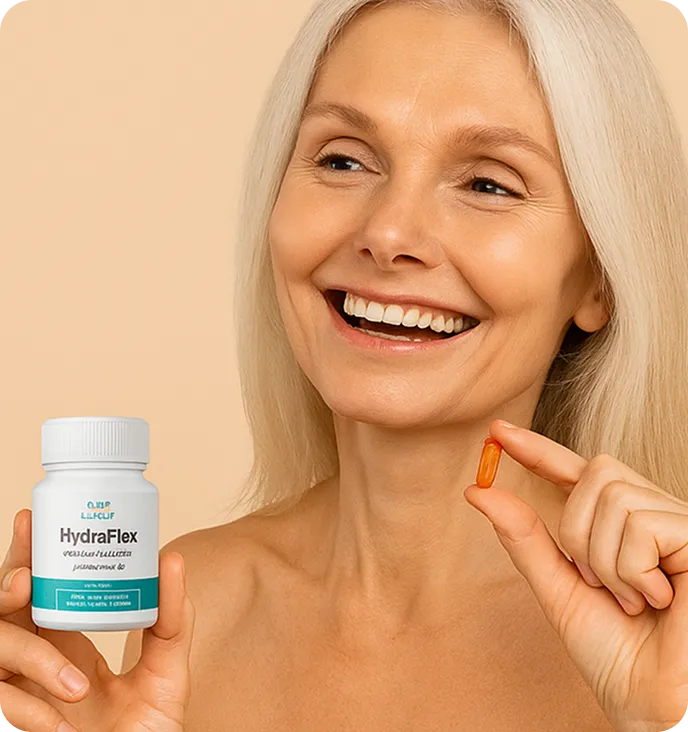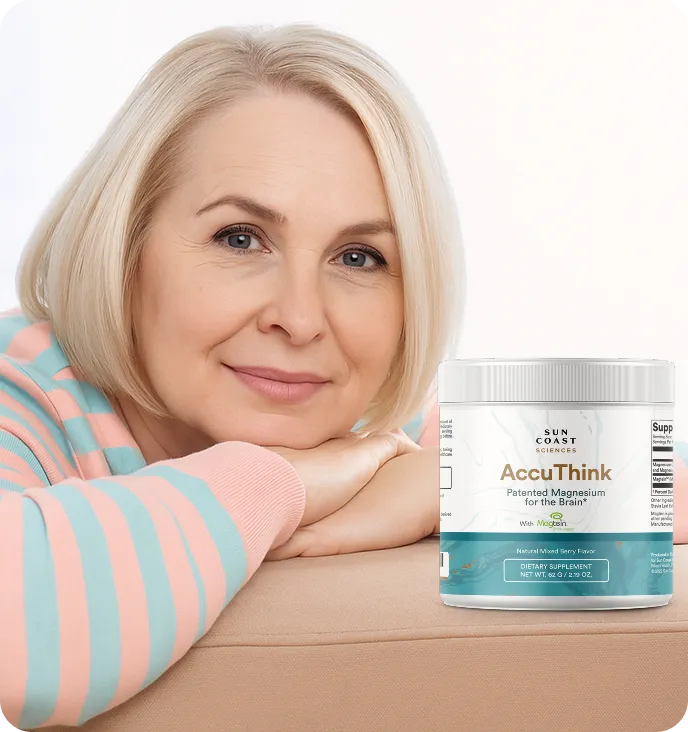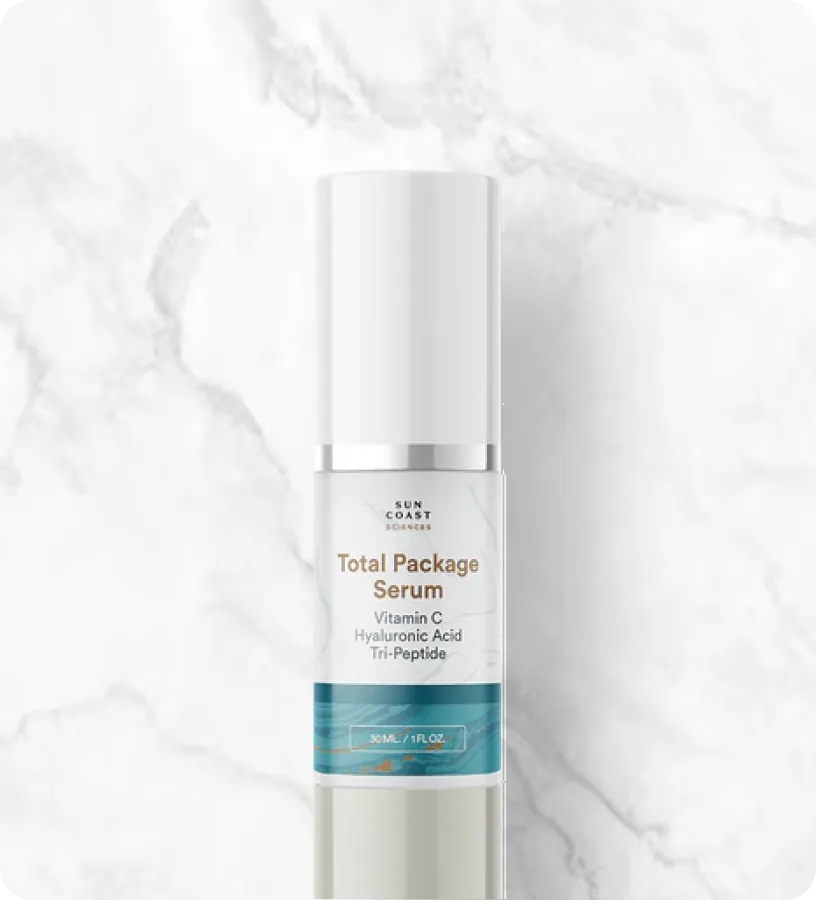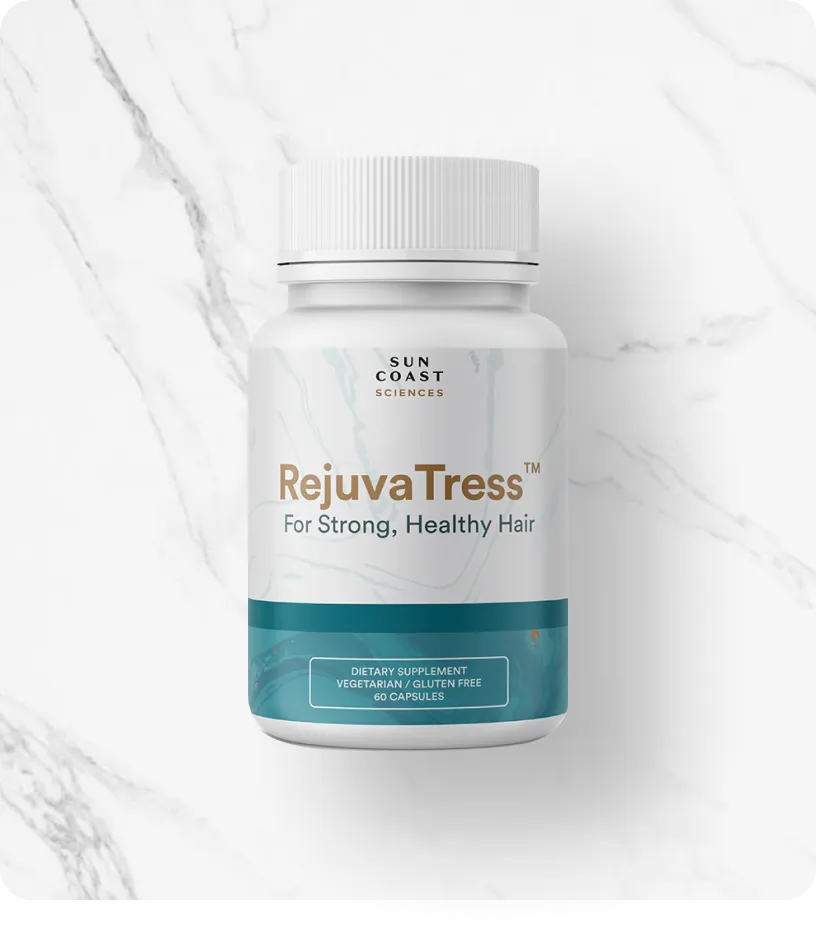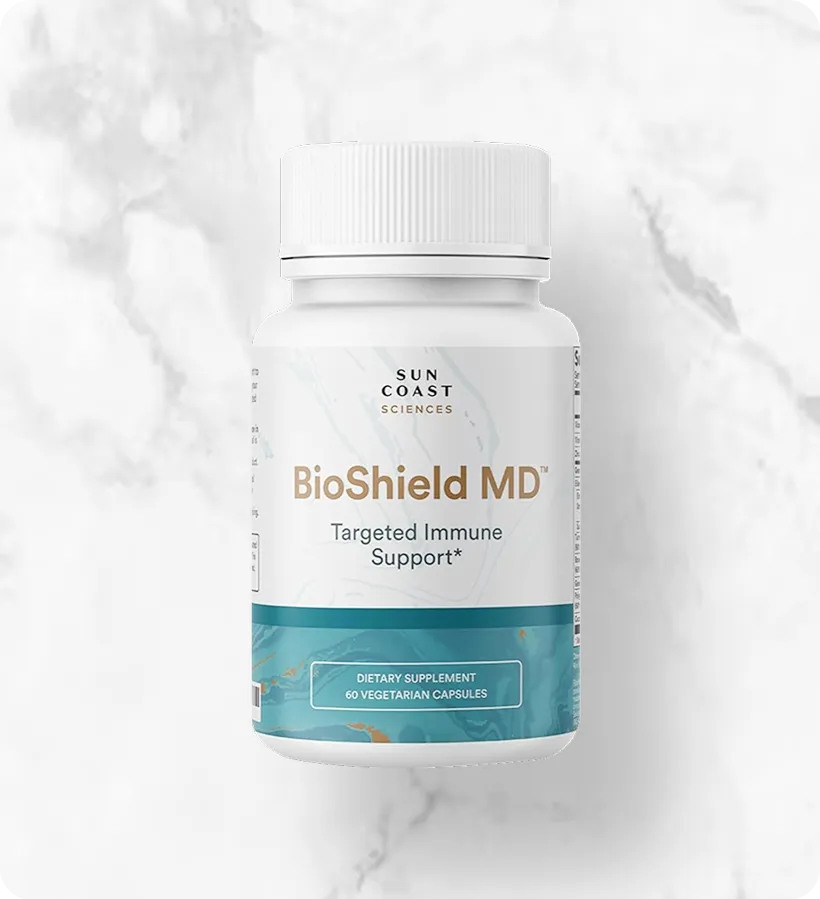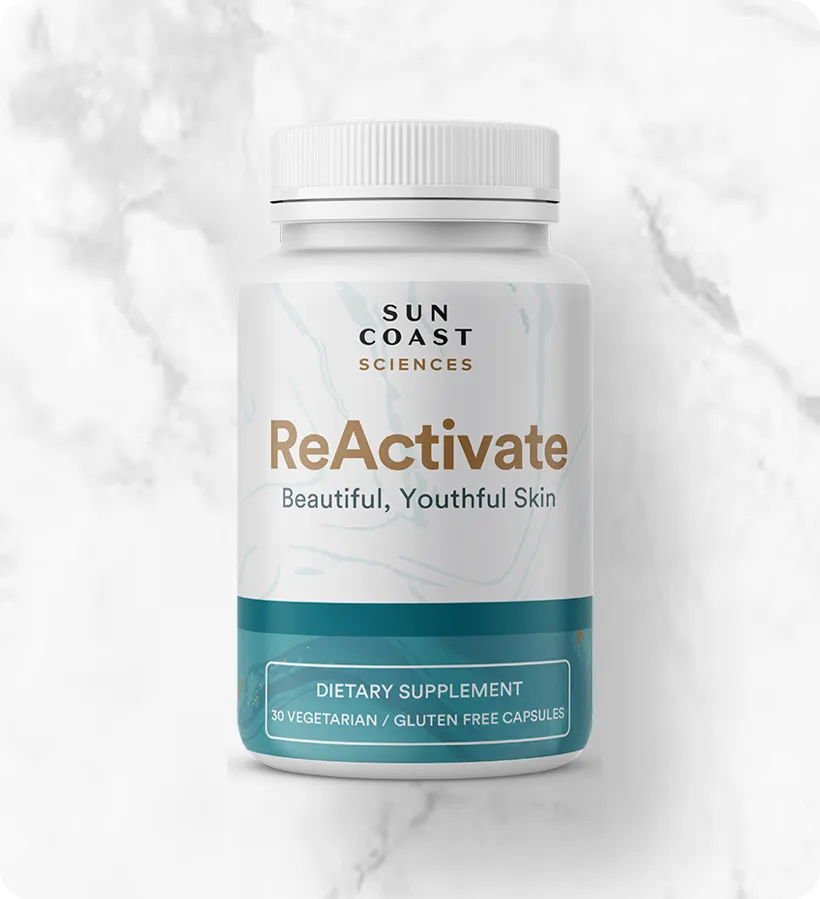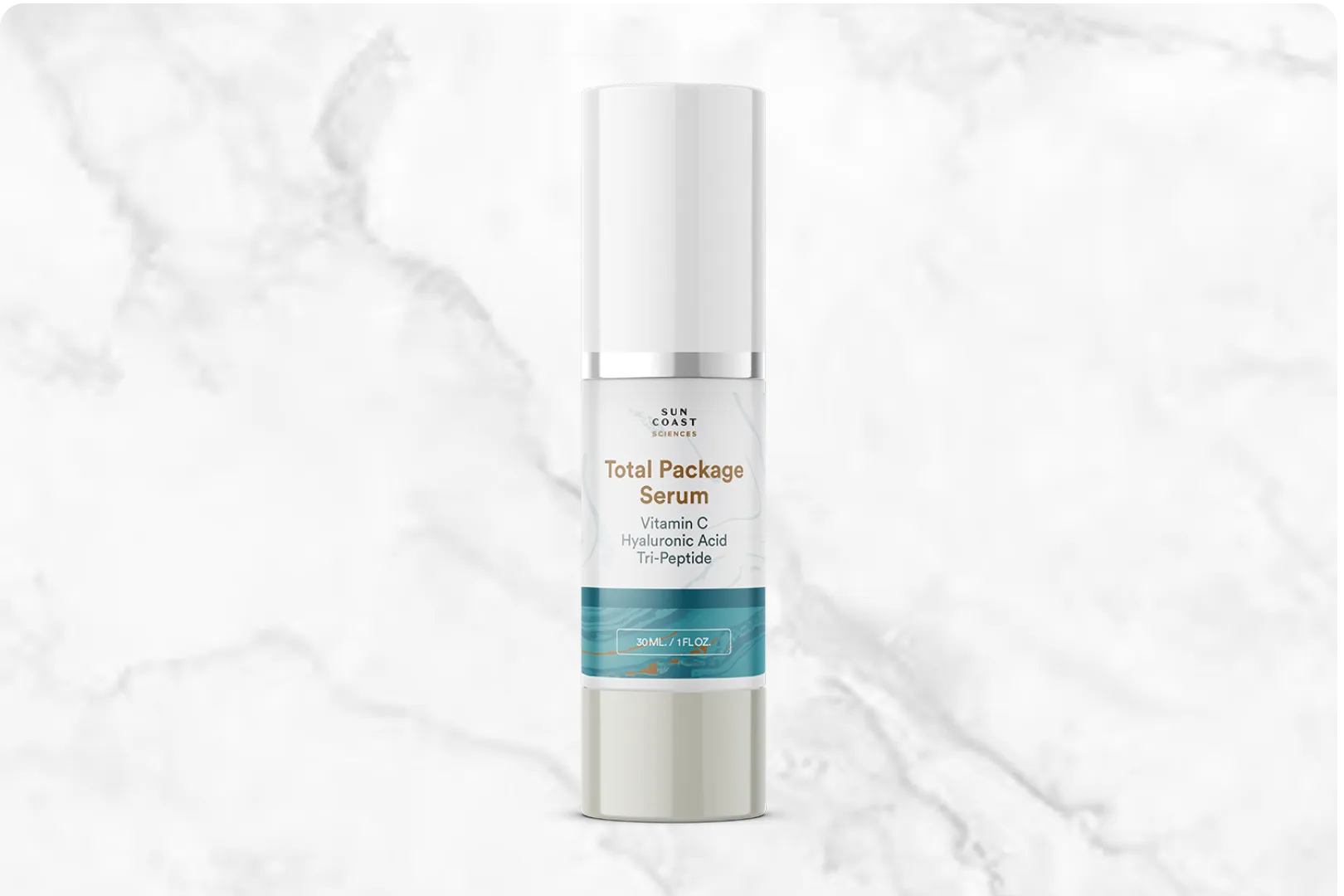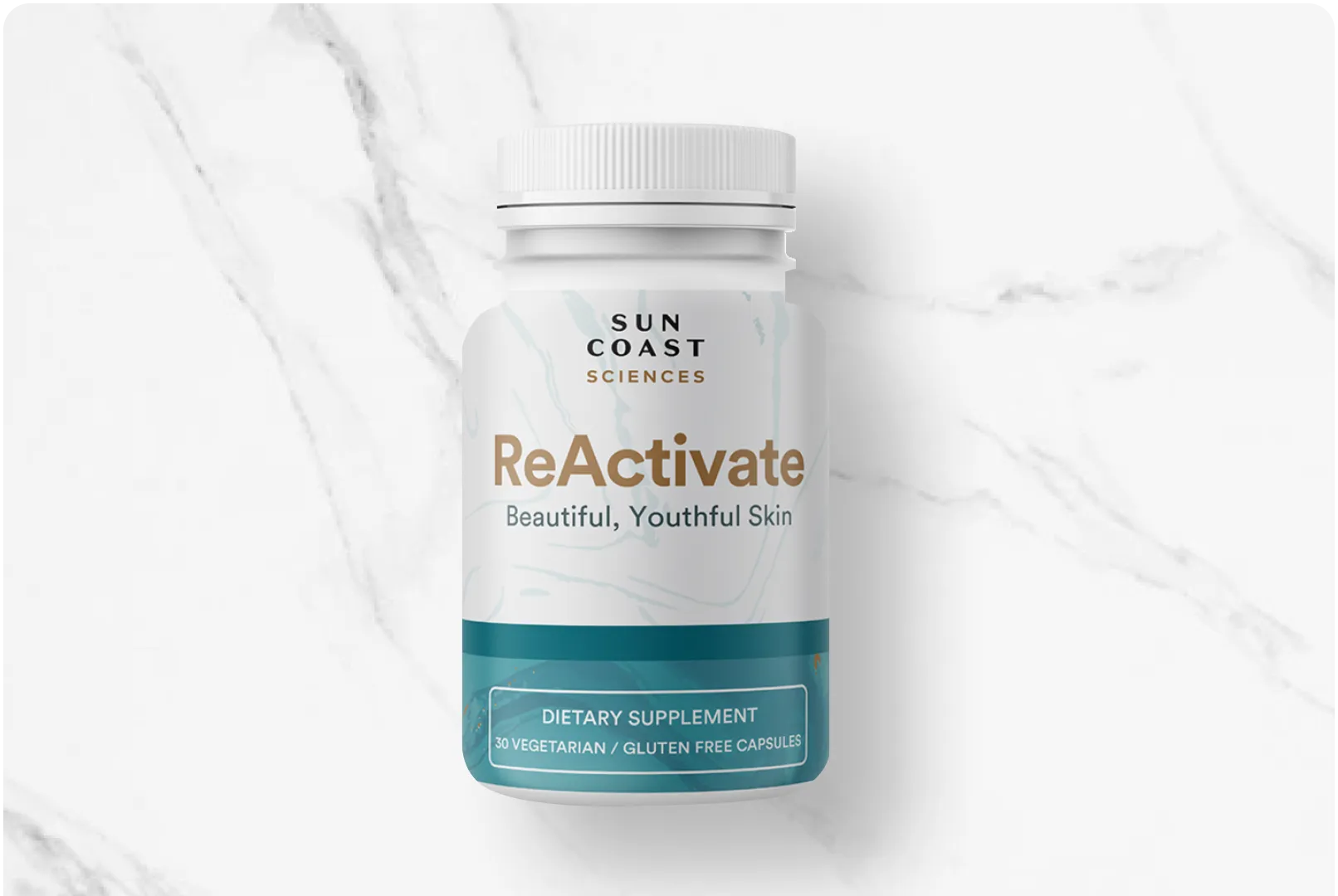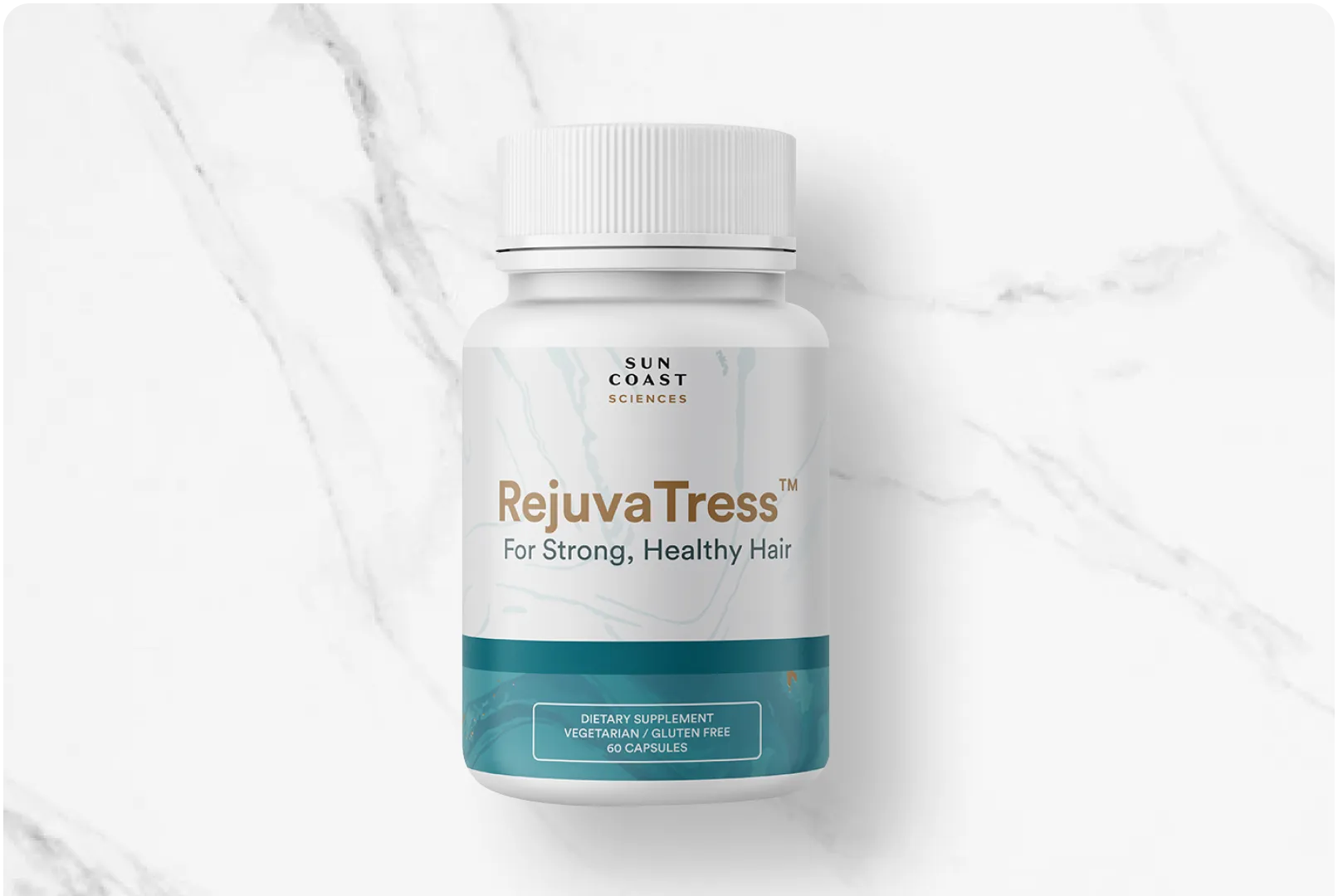4 Anti-Aging Tips That Will Leave You Younger, Fitter, and Stronger Than Ever Before!
March 9, 2022

If you met John B. a year ago, you’d notice he was short of breath, coughing constantly, and always feeling run down…
John B. had always suffered with what seemed like year-round allergies and frequent chest colds…
Resigned to itchy eyes, a runny nose, random aches, and relying on allergy medicine and asthma inhalers to get him through the day…
John felt like a shadow of himself more often than not, which he blamed on the unavoidable fact that he’s getting older.
But fast forward to a couple months later, and you’d barely notice that John has allergies. He feels great, even during the height of spring when pollen is thick in the air.
The daily redness and itchiness is a distant memory—and he hasn’t used his inhaler in months!
His doctor is amazed with his recovery. John looks younger, fitter, and more energetic than ever before.
What made the difference?
He realized that by implementing some simple health habits, he could reverse or avoid most of his chronic health issues.
John credits his profound health reversal—from sick and asthmatic to fit and thriving—to the following four lifestyle changes.
In the article below, I’ve introduced each tip, along with the (simple) science and reasoning behind each change.
Let’s dive in:
Sleep and immunity are closely tied.
In fact, inadequate or poor quality sleep is linked to a higher susceptibility to sickness.
In a study of 164 healthy adults, those who slept fewer than 6 hours per night were more likely to catch a cold than those who slept 6 hours or more each night.1
Getting adequate rest may strengthen your natural immunity.
Adults should aim to get 7 or more hours of sleep every night, while teens need 8–10 hours, and younger children and infants require up to 14 hours.
If you’re having trouble sleeping, try limiting screen time for an hour before bed, as the blue light emitted from your phone, TV, and computer may disrupt your circadian rhythm, or your body’s natural wake-sleep cycle.
Other sleep hygiene tips include sleeping in a blacked-out room (or using a sleep mask), going to bed at the same time every night, and exercising regularly.
Whole plant foods like fruits, vegetables, nuts, seeds, and legumes are rich in nutrients and antioxidants that may give you an upper hand against harmful pathogens.
The antioxidants in these foods help support a natural, healthy immune response…
Unlike like what’s caused by free radicals. Free radicals like to wreak havoc in your body, like little gremlins of anti-health.
Chronic inflammation is linked to numerous health conditions, including heart disease, Alzheimer’s, and certain cancers.
Meanwhile, the fiber in plant foods feeds your gut microbiome, or the community of healthy bacteria in your gut.
A robust gut microbiome can improve your immunity and help keep harmful pathogens from entering your body via your digestive tract.
Healthy fats, like those found in olive oil and salmon, may boost your body’s immune response to pathogens by supporting a healthy inflammation response.
Although low-level inflammation is a normal response to stress or injury, chronic inflammation can suppress your immune system.
Olive oil, which is incredible at supporting a healthy inflammation response, is linked to a decreased risk of chronic diseases like heart disease and type 2 diabetes.
Omega-3 fatty acids, such as those in salmon and chia seeds, support a healthy, balanced inflammation response as well.
Emerging research suggests that added sugars and refined carbs may contribute disproportionately to overweight, obesity, and even chronic disease.2
Fermented foods are rich in beneficial bacteria called probiotics, which populate your digestive tract.
These foods include yogurt, sauerkraut, kimchi, kefir, and natto.
Research suggests that a flourishing network of gut bacteria can help your immune cells differentiate between normal, healthy cells and harmful invader organisms.
If you don’t regularly eat fermented foods, probiotic supplements are another option.
In a 28-day study of 152 people infected with rhinovirus, those who supplemented with the probiotic Bifidobacterium Animalis had a stronger immune response and lower levels of the virus in their nasal mucus than the control group.3
Speaking of a stronger immune response…
Sun Coast Sciences community member Kerri L. is a 50 year old mother of three. She used to suffer from unwanted body fat, fatigue, and bloating…
“Every morning I’d wake up with pain in my back and shoulders. I didn’t have much energy to do anything.
I knew I needed a change when I couldn’t even bend over and put my shoes on. That’s when I started making small health commitments.
I started getting at least 7 hours of sleep, eating more high-quality protein and vegetables, and optimized my diet by adding olive oil, yogurt, and other prebiotics and probiotics.
My energy came back and within a week, I felt better than ever. I’m also down almost 20lbs and I’ve been at the same weight for 3 months now.”
In other words, these small, simple anti-aging lifestyle changes boast profound benefits.
While your mileage may vary, I have a strong belief that if you implement these tips in your life, you’ll be able to enjoy the same success as John and Kerri.
To your health,
Dr. Mark Rosenberg

